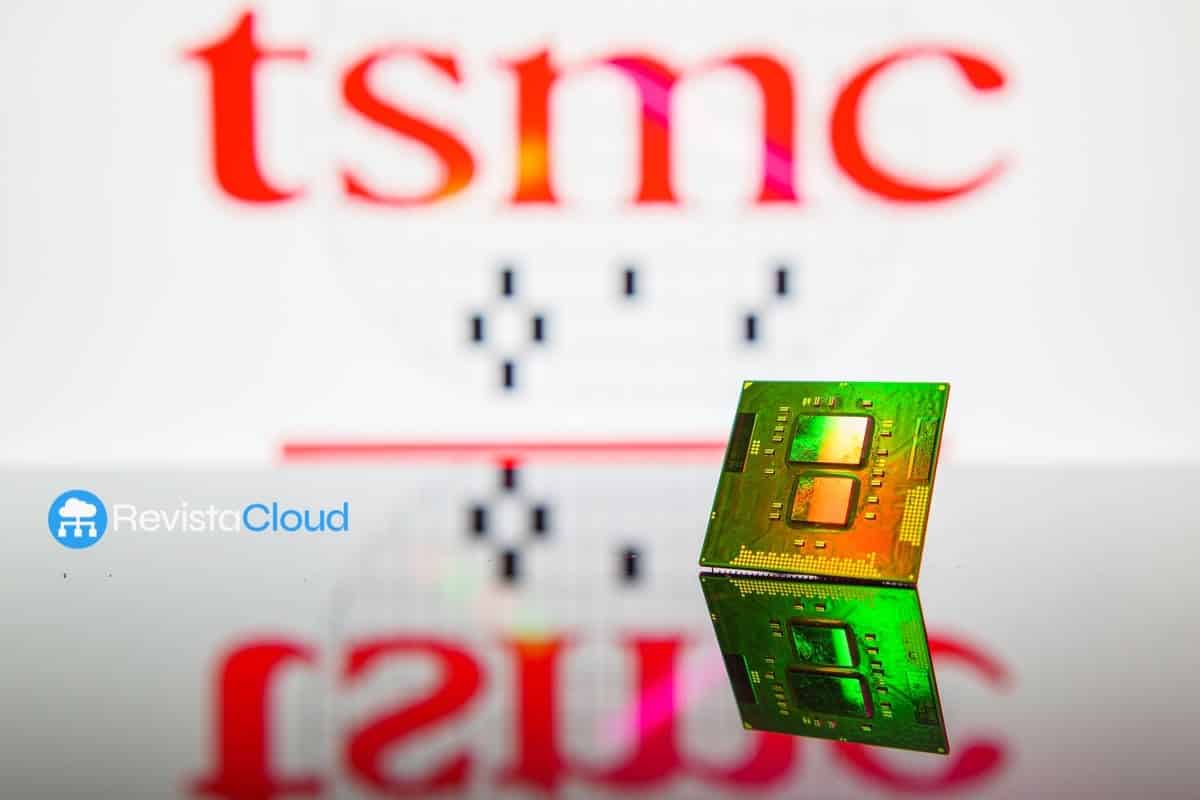In a twist of events altering its traditional policy, TSMC (Taiwan Semiconductor Manufacturing Company), the Taiwanese semiconductor giant, has decided to expand its production outside of Taiwan, charging a premium to governments for manufacturing chips in their territories. This radical change comes in a context of escalating tensions, as China intensifies its maneuvers near Taiwan, pushing the island and TSMC to reconsider their strategy of exclusively local manufacturing.
TSMC’s decision to charge a premium for producing chips outside of Taiwan responds to a global environment where production costs can be significantly higher outside the island. CC Wei, CEO of TSMC, highlighted in a recent conference with analysts and investors that any customer request to establish production in a specific area would involve a cost-sharing, including challenges associated with inflation and the cost of electricity.
This measure arises as a strategy to finance not only the development of future chips but also to secure Taiwan’s defense and intellectual property against potential threats. Despite receiving government grants that facilitate the construction of new fabrication plants (FAB), TSMC insists that each chip produced in these international facilities must generate additional revenue for the company.
TSMC’s pricing policy reflects a strategic approach that seeks to offset the high costs outside of Asia, where it has traditionally been more cost-effective to produce. This strategy involves a pricing adjustment that reflects the “value of geographical flexibility,” as well as seeking the support of the local government in each country where new operations are established.
This change not only impacts governments but also multinational companies that rely on TSMC for their chip supplies, who may be forced to absorb higher costs if they want production to take place outside of Taiwan. This situation highlights how geopolitical tensions and the need to diversify production can influence large-scale corporate strategies.
Finally, TSMC plans to manage and minimize the cost gap overseas through a combination of strategic pricing, government collaboration, and its technological leadership in the industry. Despite the challenges, the company seems determined to maintain its dominant position in the global semiconductor market, adapting to an increasingly complex and competitive international environment.
via: TSMC Q1 2024 Earnings Call Transcript and Chapuzas informático.

